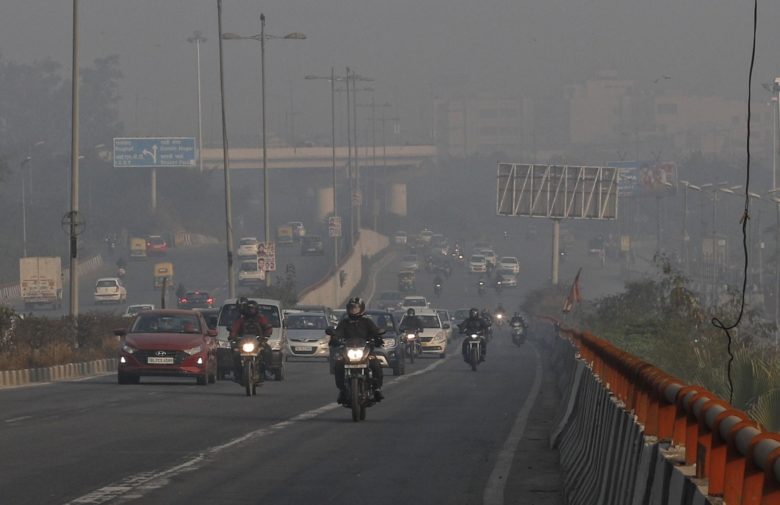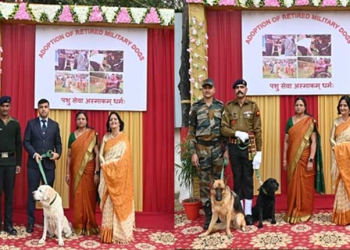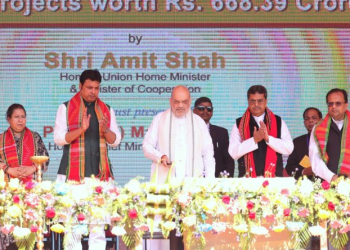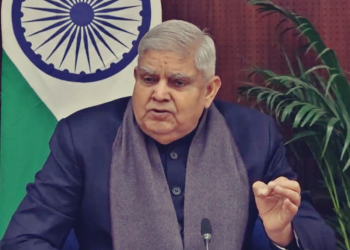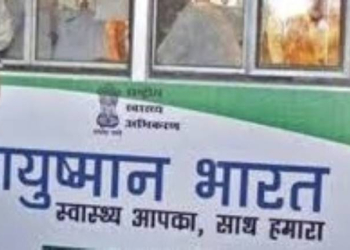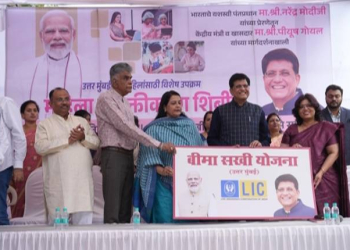New Delhi: The Graded Response Action Plan (GRAP), based on a plan submitted by the Central Pollution Control Board in November 2016, was first notified in January 2017 by the Ministry of Environment, Forest and Climate Change as a response to the severe pollution in Delhi and the adjoining areas. The GRAP is a set of emergency measures that kick in to prevent further deterioration of air quality once it reaches a certain threshold.
The government notified the GRAP to be implemented through the Environment Pollution (Prevention & Control) Authority (EPCA). However, after the EPCA was dissolved, the GRAP is being implemented by the Commission for Air Quality Management (CAQM) from 2021 onwards. The CAQM has constituted a sub-committee for the operationalisation of the GRAP.
However, the CAQM has revised the Graded Response Action Plan to combat the air pollution this year. In its initial version the GRAP was implemented after pollution concentrations like PM2.5 and PM10 reached a certain level in the environment. But, this year, the GRAP is being implemented based on the AQI, which takes other pollutants also into account, such as ozone, sulphur dioxide and oxides of nitrogen.
Delhi Environment Minister Gopal Rai had said that if the AQI remains between 200-300, then as per the GRAP, strict measures will be taken on the dust generation from the construction, waste management and order can be issued to stop the generator set. While talking to the media on October 1, he elaborated that if the AQI goes between the 300-400 level, a ban on tandoors and diesel sets will be imposed and the parking fees will have to be increased along with metro trips.
Vehicles coming from outside will be banned if the AQI goes between 400-500 and big vehicles in Delhi will also be banned, he added. If the AQI crosses 450, more strict steps will be taken, said Rai, adding that there is no consideration of the odd-even formula as of now.
Meanwhile, seeing a sudden dip in the air quality parameters on the occasion of Dussehra, the Commission for Air Quality Management (CAQM) on Wednesday instructed the authorities to implement Stage 1 of the Graded Response Action Plan in Delhi and the NCR with immediate effect. The instructions followed after Delhi’s air quality moved into the poor category with the AQI at the 211 level.
“It was noted that there has been a sudden dip in air quality parameters in the last 24 hours in the region which led to the AQI for Delhi moving into the “Poor” category. While this is likely to a localised influence and the forecasts do not predict any further deterioration, in an effort to maintain the AQI in the moderate category, as a precautionary measure, the sub-committee decided that all actions as envisaged under Stage I of the GRAP -‘Poor’ Air Quality (Delhi AQI ranging between 201-300), be implemented in right earnest by all the agencies concerned, with immediate effect in the NCR”, said the commission.
Among other measures, Stage I of the GRAP includes stopping the C&D activities in respect of such projects with plot size equal to or more than 500 sq metres which have still not registered on the respective ‘web portals’ of the governments of Uttar Pradesh & Haryana and GNCTD. 2. It also instructs ensuring proper implementation of guidelines on dust mitigation measures and sound environmental management of construction and demolition (C&D) wastes. Stage 1 also ensures the regular lifting of municipal solid waste (MSW), construction & demolition (C&D) waste, and hazardous wastes from dedicated dump sites and ensure that no waste is dumped illegally on open land.
To combat the air pollution, the GRAP also prescribes certain measures for the citizens to assist in effective implementation of the GRAP measures. They include keeping the engines of vehicles properly tuned, maintaining proper air pressure in the tyres, keeping the PUC certificate of vehicles up to date. It also urges citizens not to keep the vehicle engine idling, turn off the engine at red lights, do not dispose waste/garbage in the open spaces and report air pollution activities through 311 App, Green Delhi App, SAMEER App etc, as per the CAQM.
(IANS)



